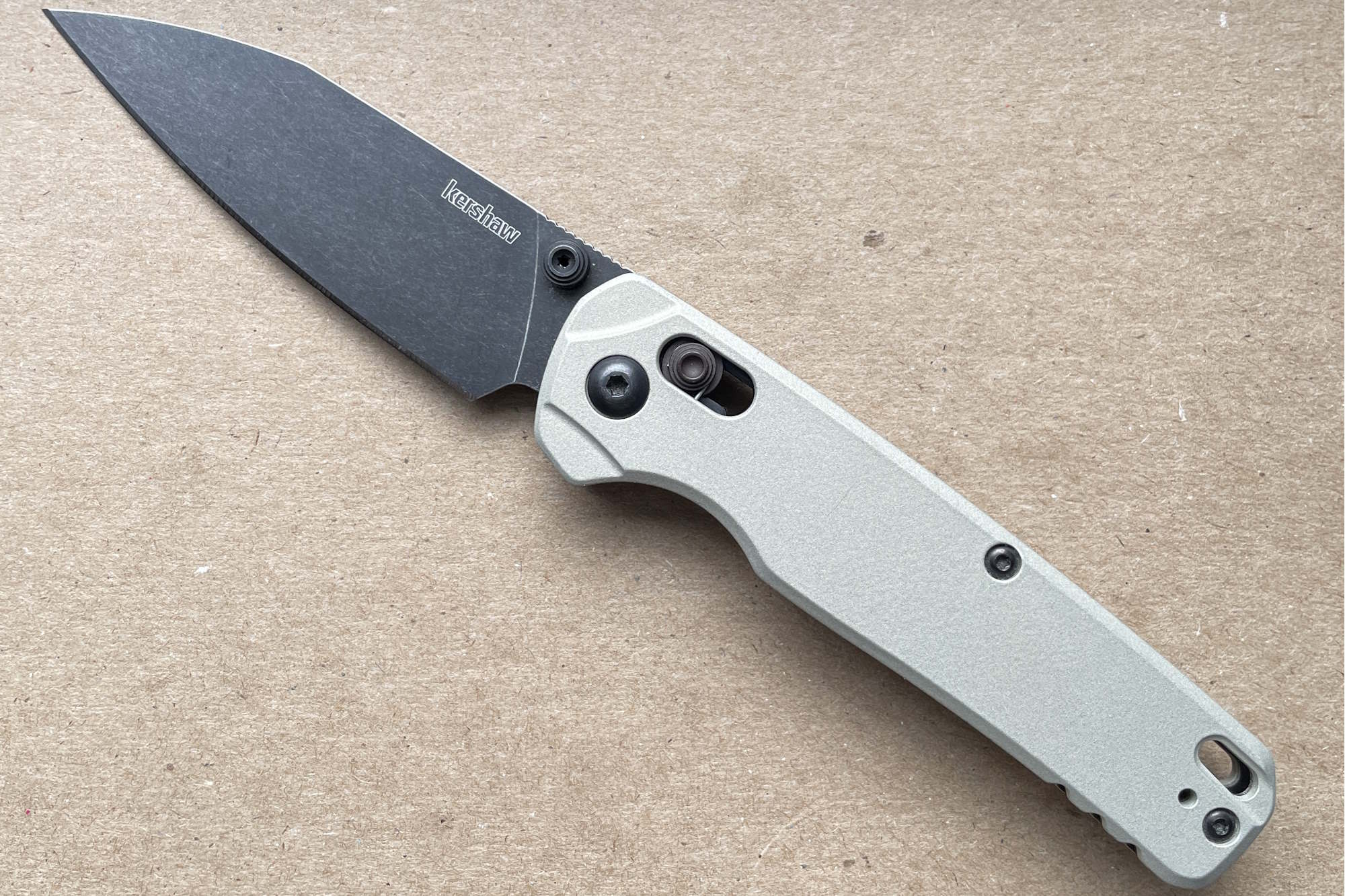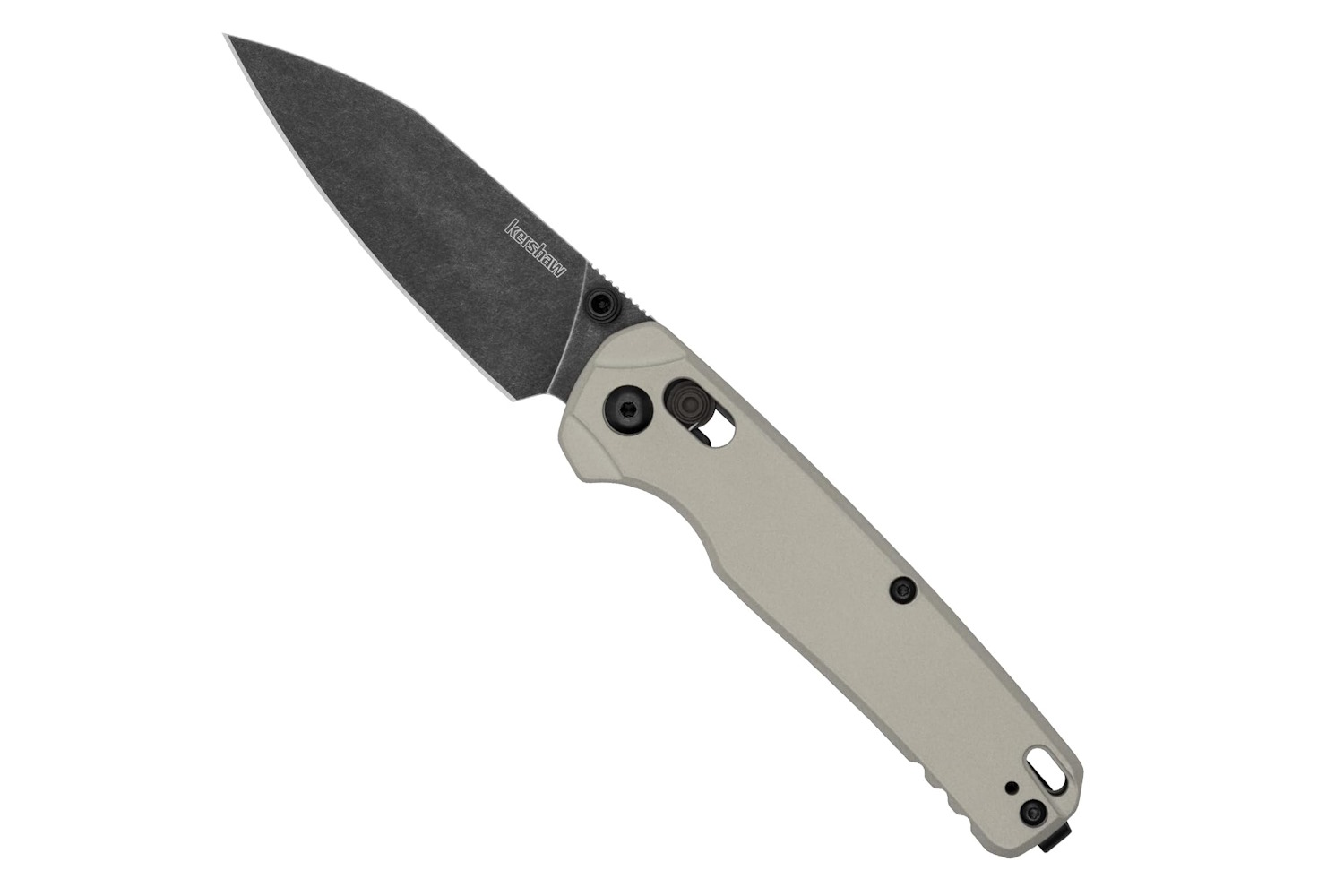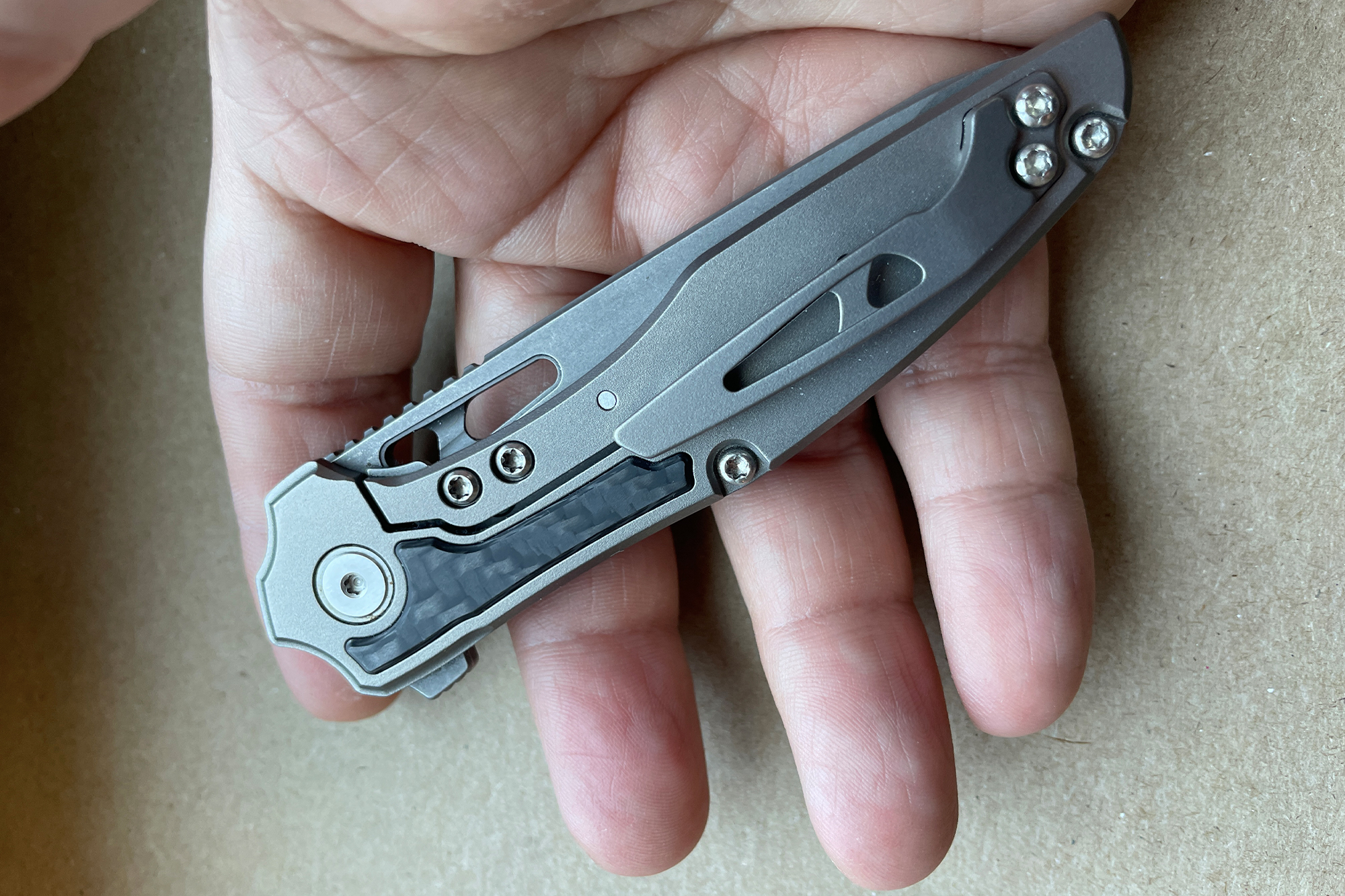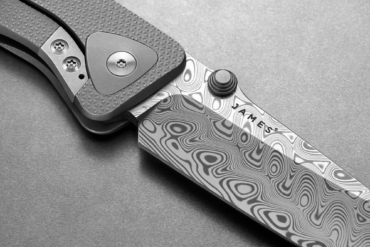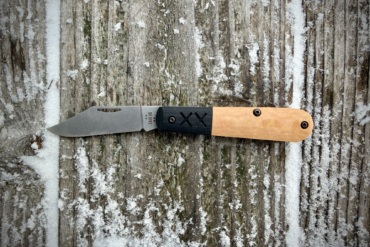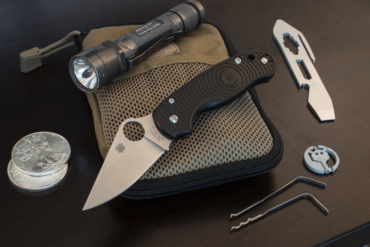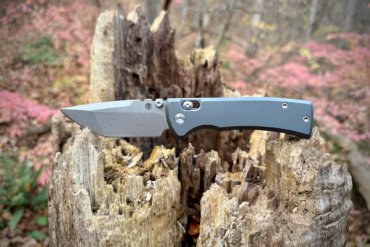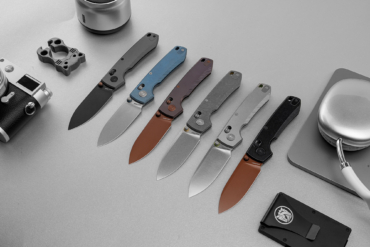Sometime around 2016, Benchmade’s patent on the Bill McHenry and Jason Williams’s Axis lock design expired. As is wont to happen in a free market, the innovation spread like wildfire and dozens of companies started using similar designs. (The name “Axis Lock” is still trademarked and thus still protected even if the underlying patent expired.)
These locks, called Sliding Bar Locks, found their way into Hogue, Kershaw, and many other knife companies’ lineups. Their ambidextrous nature, coupled with their strength and intuitive nature, made sliding bar lock designs very popular. Kershaw dubbed its iteration the “Duralock.” For a few years, Kershaw dropped the lock into some of its entry-level or value-priced folders. I thought it seemed like a bit of a waste.
But in 2023, the Oregon knifemaker announced a higher-end knife, appropriately named the Bel Air. This knife would have a Duralock and come with a premium steel — MagnaCut. On paper, it looked great. In person, I learned, it’s even better.
In short: This is the best readily available knife on the market for most people.
-
Blade Shape
8.0
-
Steel
9.0
-
Handle
7.8
-
Lock
9.0
- OAL: 7.3"
- Blade length: 3.1"
- Blade Steel: CPM MagnaCut
- Blade Shape: Reverse Tanto
- Lock Type: Sliding bar lock
- Weight: 2.3 oz.
Pros
- Great steel
- Easy-to-use and tough lock
- Slim size and weight
- Super-thin blade stock
- Good handle design
- Price
Cons
- Umm … the clip sticks out from the handle about a quarter inch — does that count?
Kershaw Bel Air Knife Review
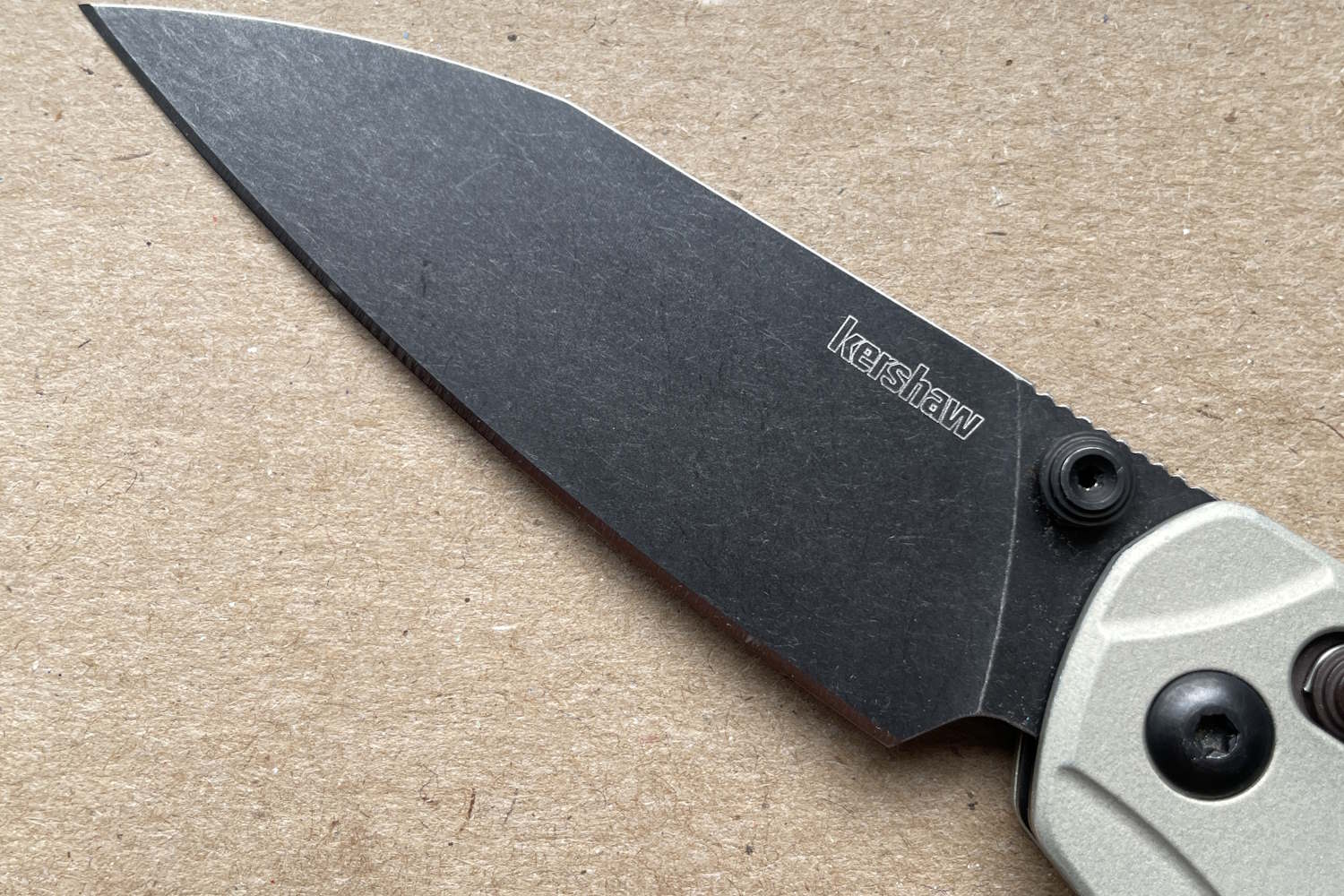
First Impressions
For a few years now, small batch makers like Three Rivers Manufacturing have been pumping out thin, slicey blades, made possible by high-tech powder steel.
Many bigger companies stood by the beefy blade stock of yesteryear. The Bel Air, however, runs ultra-thin stock, vaulting the knife into the stratosphere in terms of cutting performance. It is as thin or thinner than the blade stock on both the TRM N2 and the sister brand ZT0545. This thin blade revolution has been a joy to see and a long time coming.
A knife’s cutting performance is about 80% geometry, 10% chemistry, and 10% heat treat, so a thin blade will feel like a revolution compared to a thick blade with the same steel and heat treat protocol. Big production companies should be making a lot more production knives with thin stock. Our steels can definitely take it now.
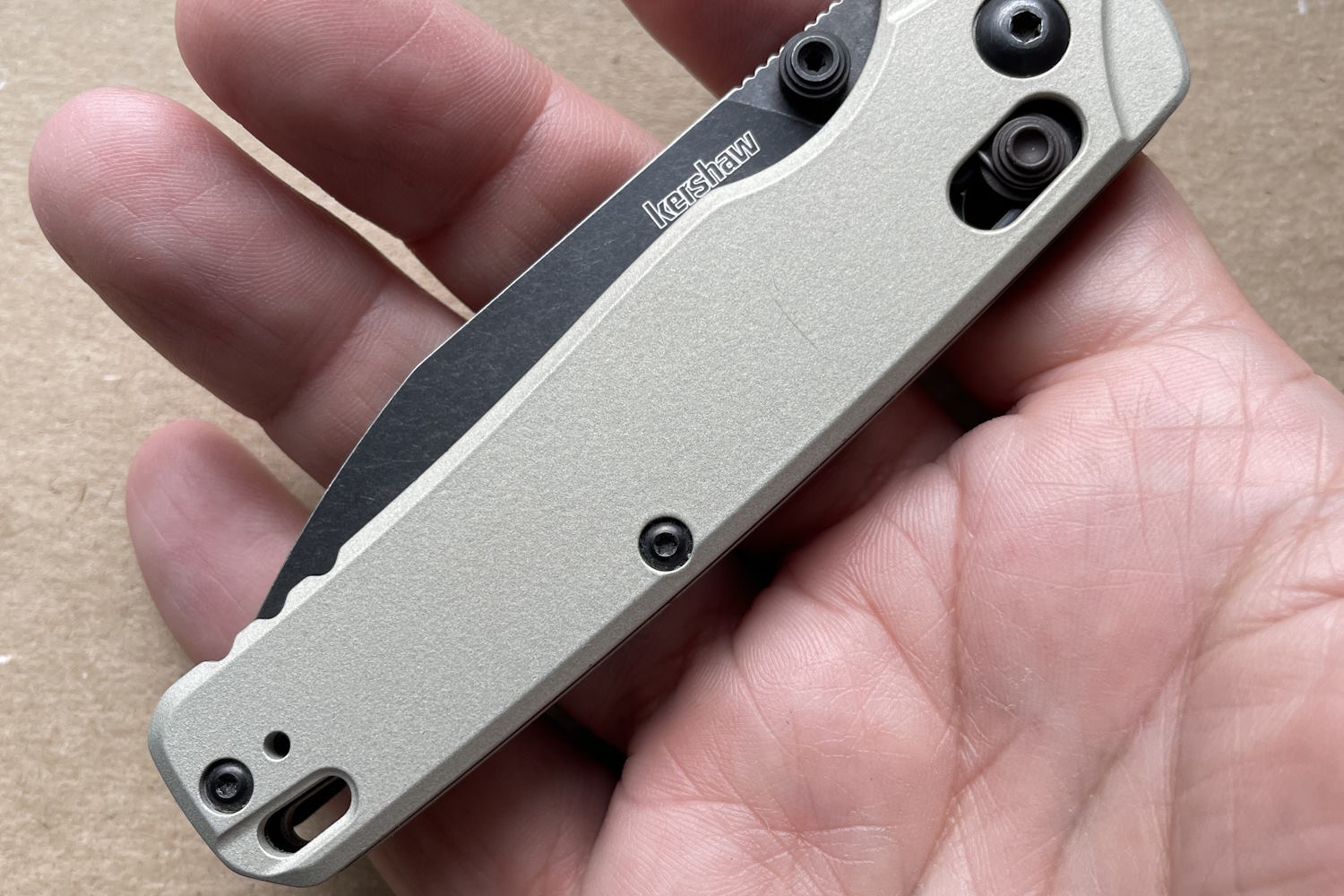
As an experiment, I took the Bel Air, and only the Bel Air, on vacation this summer. That meant that it was my only cutting tool for more than a week. While I didn’t do any home improvements or woodworking, two primary sources of cutting tasks, I did do a lot of stuff I normally don’t. Alas (perhaps joyously), I was the only person who had a cutting tool on them.
The first thing worth mentioning after a week of continuous use and carry is the actual carry of the knife. Thanks to a cerakoted aluminum handle, the Bel Air is relatively light and abuse-resistant in the pocket. Don’t worry about carrying it with your keys.
The deep carry clip makes sure this knife is discrete, too. You will be hard-pressed to find a better mid-sized knife to lug around.
In the Field: Cutting Galore
Because of the huge age variety among people on this vacation (from 2 to 75 years old), all sorts of stuff came up. When we went to a local brewery, the beer came in wax-sealed cardboard boxes (enough with the wasteful and silly folksy packaging already). The Bel Air opened them and collapsed them with ease.
The beach was a few steps away, so the Bel Air did work making lunches or opening snack packages for little tiny hands. It did this with ease as well, but I was extra careful. Sand and folders generally do not mix. But, with a locking mechanism as high-precision (and hard to clean) as a sliding bar lock, I was extra careful to avoid laying the knife down on rocks or sandy surfaces.
I also used it to process food — cheese, grapes (which are real choking hazards), and cured meats, among other things. There were a few times it processed seafood, like lobster. I was not careful and did not regularly wipe the blade down, and despite the food and the sea air, the MagnaCut was no worse for wear.
The blackwash blade shows a slight diminishment of the blackwash, but that’s normal wear. The lock end of the handle also has a few bright spots where the cerakote wore off, but again, nothing extreme. I even did some driftwood carving (this was a New England beach, which means the water is a balmy 58 degrees on the hottest days), and the thin blade held up exceptionally well.
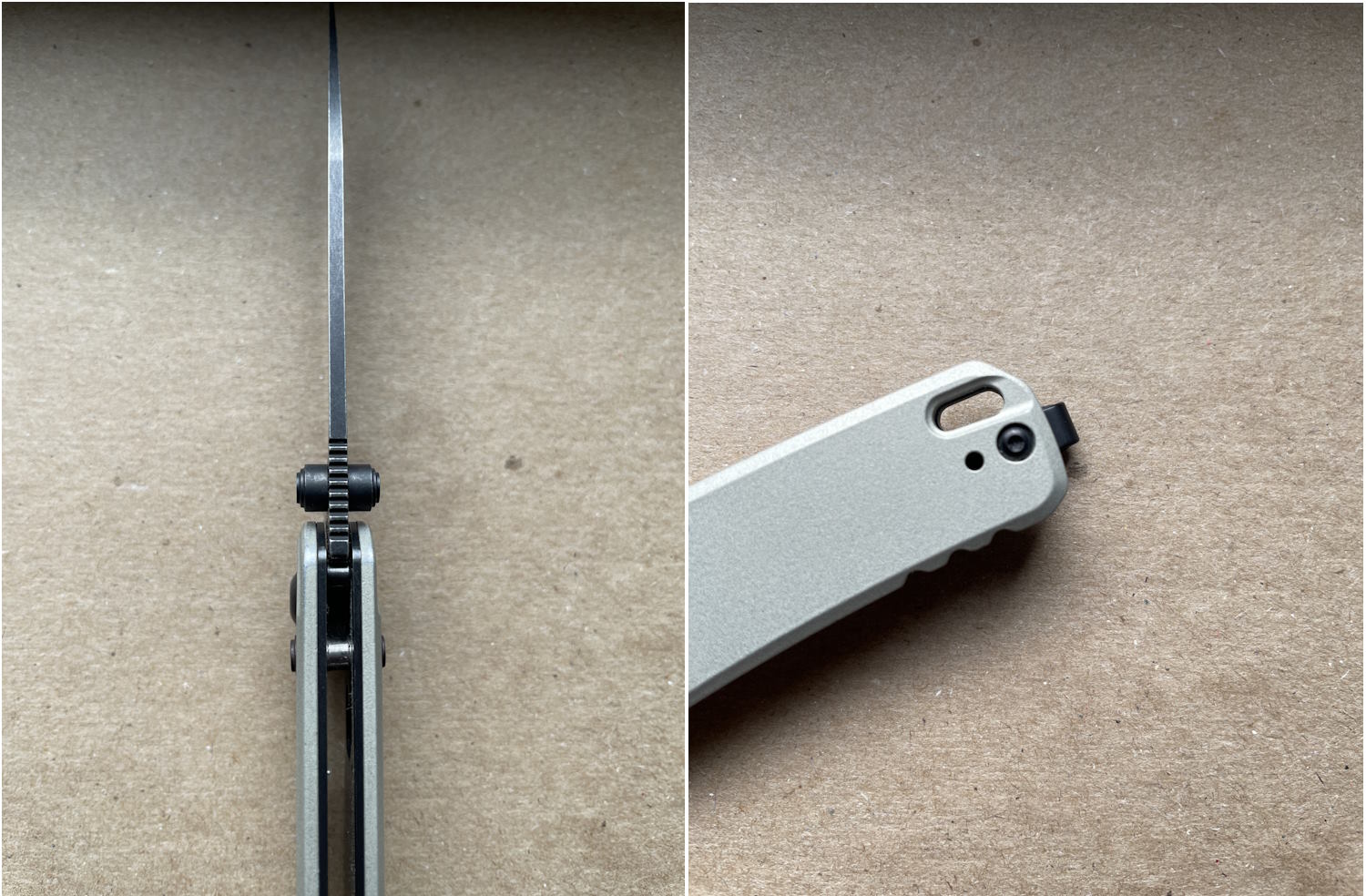
Overall, it was a varied and representative test. Before and after, I used the knife in the shop as a marking tool and to clean up some cuts off a chainsaw, and it did well there too.
Conclusions
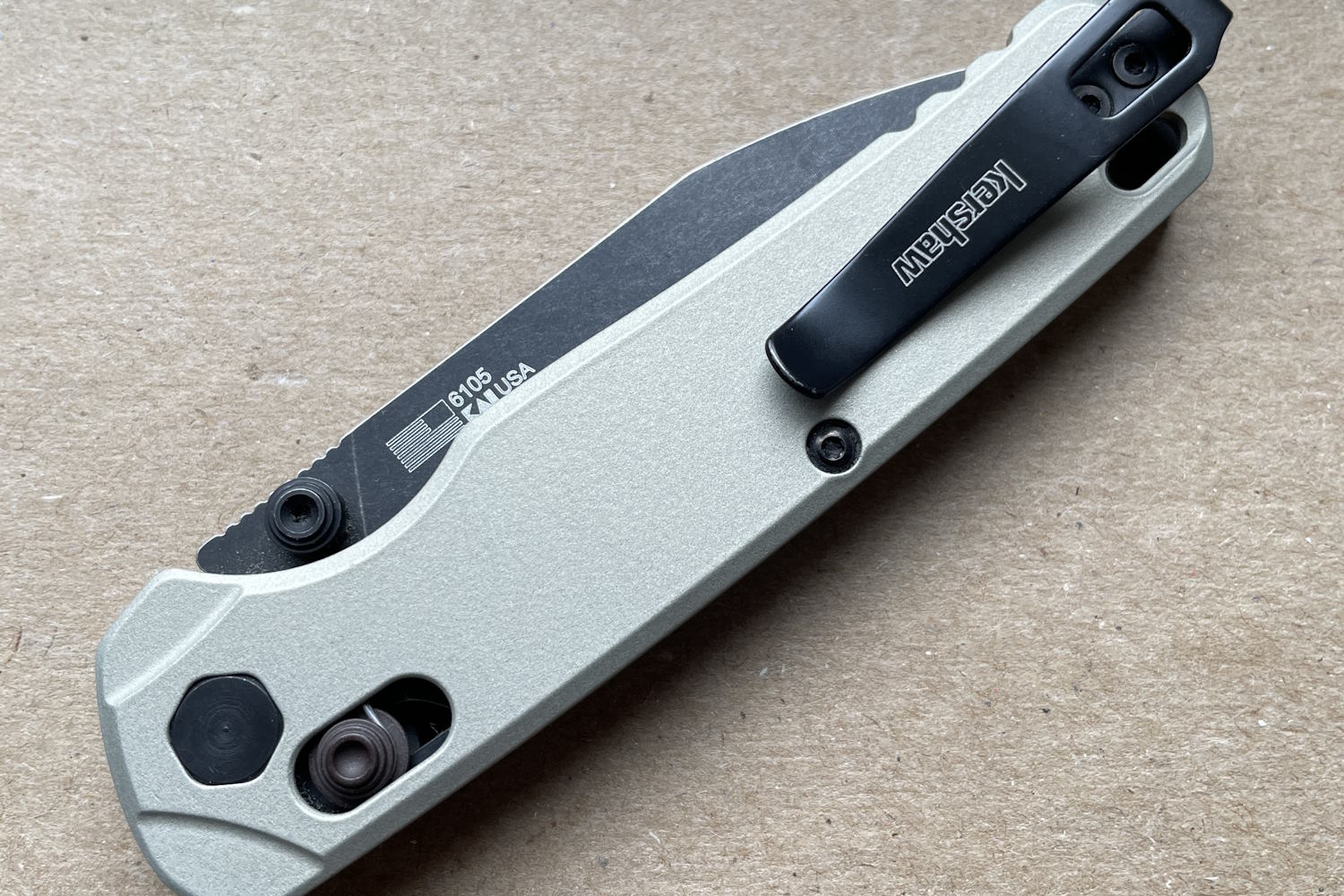
Here is one of the easiest ways to explain how good this knife is: Even with a large collection and other knives needing pocket time for reviews, I continue to carry the Bel Air. The combination of the easy-to-use and fidget-friendly lock, high-end blade steel, and thin blade stock make the Bel Air one of the best production knives out there in 2024.
Some small batch makers produce better stuff, but it is either hard to get or more expensive — or both. If you are looking for a thoughtlessly great knife, this is it. I highly recommend this knife!
